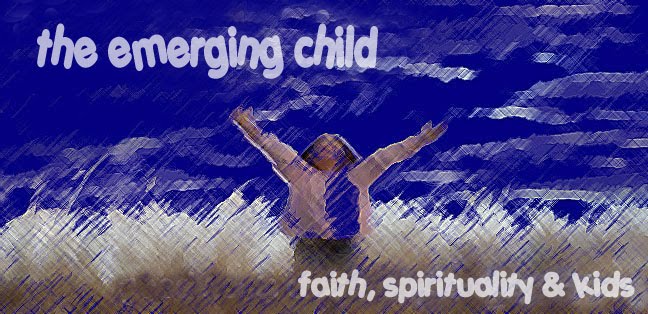If you're anything like me, when you hear the word "catechism", it instantly conjures up thoughts of the Roman Catholic Church. I grew up Catholic, and the catechism was, and still is the main method of teaching children that grow up in the faith. It's not uncommon to categorize the catechism method of teaching as a "Catholic thing". But did you know that as far back as the early 1500s, Protestant Churches began to use their own versions of a catechism in the education of children as well as adults? Lutherans, Methodists, Presbyterians and Baptists alike, all had a formal catechism that was used as a vital part of their discipleship. In fact, there are literally hundreds of different versions of the catechism to choose from depending on denomination and even variations within each church.
Basically, the word catechism comes from the Greek word katecheo which means to “instruct” or “teach”. The word is derived from two roots: "kata", which means "down, and "echein", which mean "to sound". Literally, this means "to sound down" to the ears, creating the image of speaking forth to the learner. This is where we get our English word “catechize.” It simply means to teach Biblical truth in an a structured and orderly way. Generally this is done with questions and answers accompanied by Biblical support and explanation. One could look at the catechism as somewhat of a handbook for particular beliefs.
Over the years, the use of the catechism in most protestant churches lost popularity, especially within the modern era. As people began to seek a simpler and more efficient life, the formality and time commitment of the catechism made it difficult for church leaders to promote as a main teaching method. The rise of the Sunday School format also contributed to the loss of interest. Many began to look at the catechism as too methodical, systematic and boring to be an effective encouragement to those new to the Christian faith.
In recent years, we are seeing a resurgence of interest in the catechism method of teaching. Why is this? Well, with the rise of post-modernism, we see a generation that seek a deeper and more substantial spiritual experience than many of their modern predecessors. Younger people who grew up with the somewhat superficial faith of the seeker sensitive movement of the 90s are now as adults and are asking, "What do I believe? What should I believe? Why do I believe what I believe?" Many churches are beginning to use forms of the catechism to answer these questions in a very methodical and clear cut manner.
Personally, I've used a couple of different catechisms within my ministry and my own family and re-written certain parts to coincide with my particular beliefs. Especially for my two boys, after completing the program they now have a document to call upon when they have questions about their faith. They have a simple answer as well as supporting scripture to show how that particular belief was derived. Of course, this never replaces personal interaction, teaching and one on one discipleship from parents, pastors or other leaders, but it gives you an outline to begin with and a point of reference to begin with.
I've thought a lot about this over he last few days and came to a few realizations. There's nothing particularly wrong with modern methods. As we evolve as human beings, our methods of teaching and learning evolve as well. Change is something to be embraced, but only if it moves us forward in the Kingdom of God. Change for the sake of change can not only be non-productive, but counter-productive as well. As I see it, the catechism teaching method is a very simple and straight forward way of teaching the basic tenants of Christianity without some of the frills that confuse and get us off on tangents. But with that said, don't cut the nose off to spite the face. If you consider using a catechism format, it can easily be incorporated with other modern teaching methods or used as an outline for main teaching principles. At the very least, take a another look at the catechism and see what works best for you.
Below are 2 links for the catechisms that I've used. Feel free to check them out and use them as a starting point if you've never been exposed to the catechism teaching method. Most importantly, find a catechism that is as close to your personal belief system as possible. If you are a member of a mainstream denomination, chances are there is a formal catechism available. You can probably find a printable copy online, or you pastor may have some resources for you as well.
Soujourn Community Church Catechism for Girls and Boys
A Baptist Catechism - Desiring God


No comments:
Post a Comment